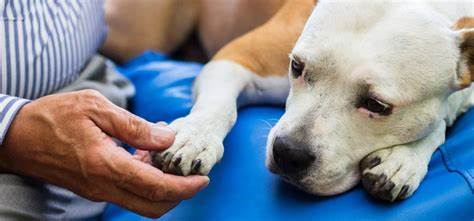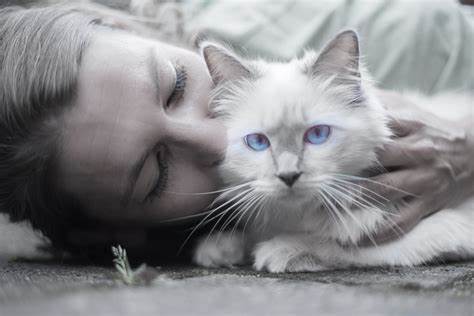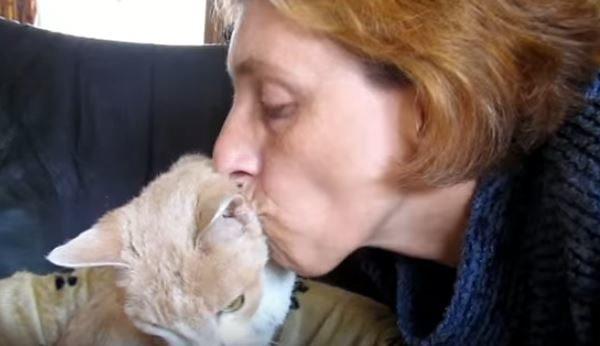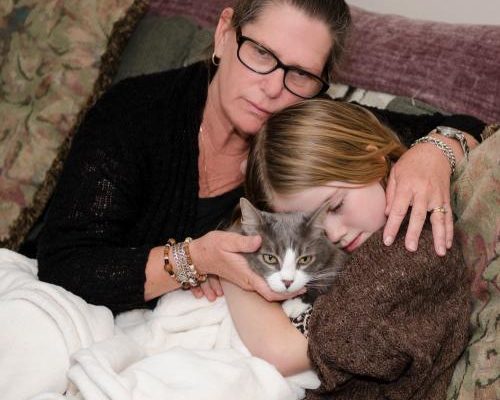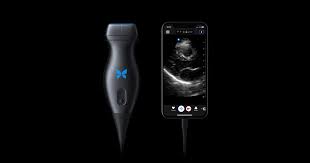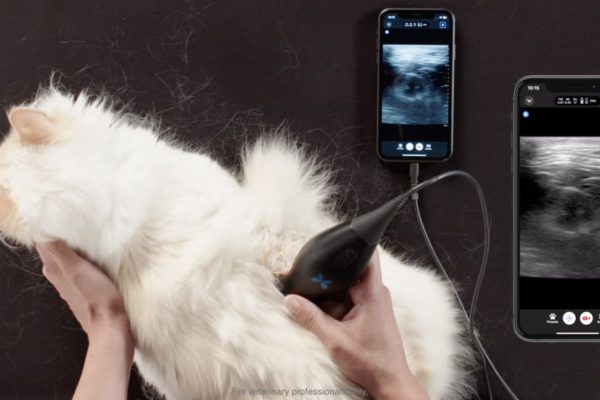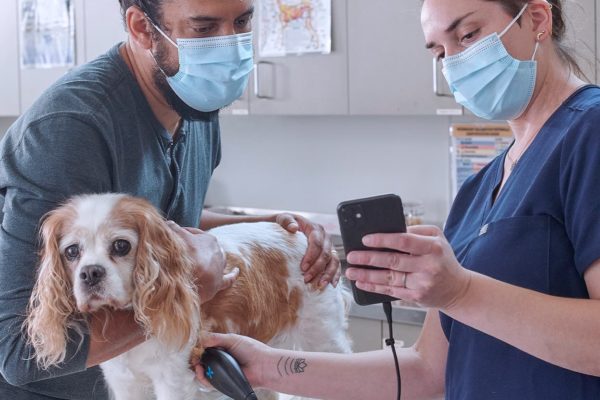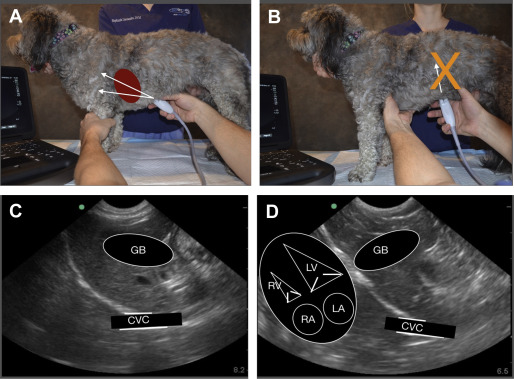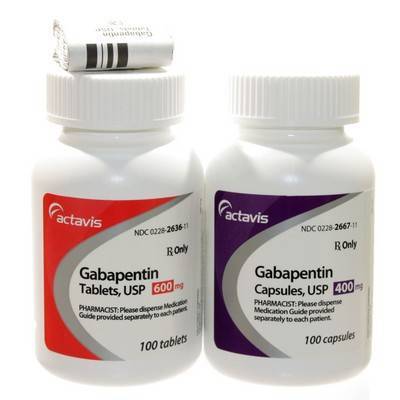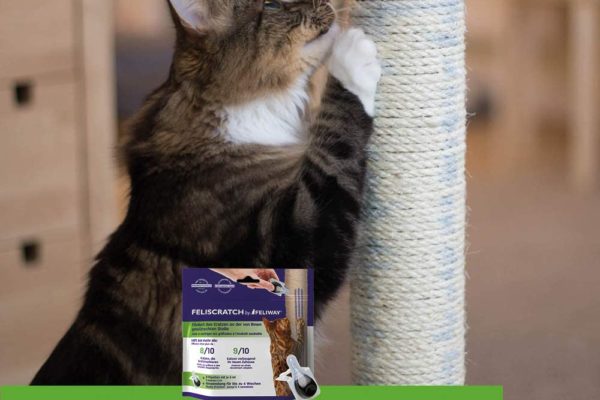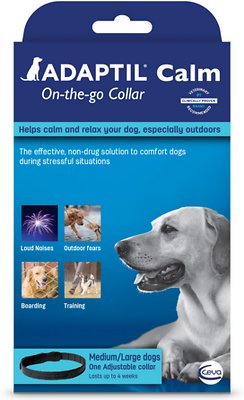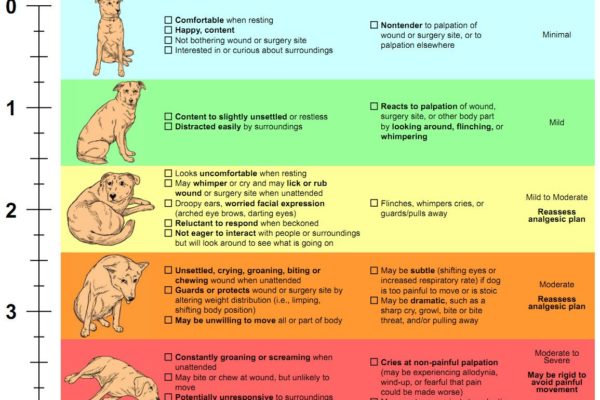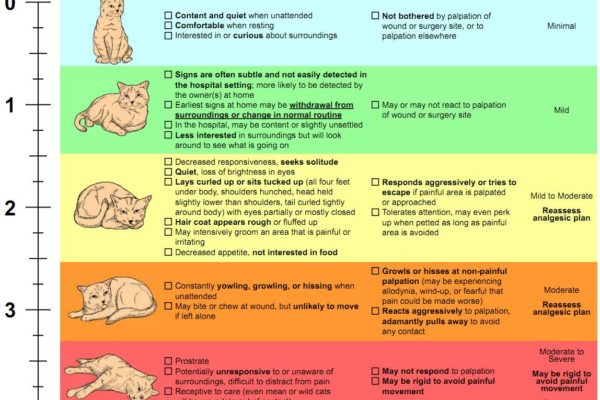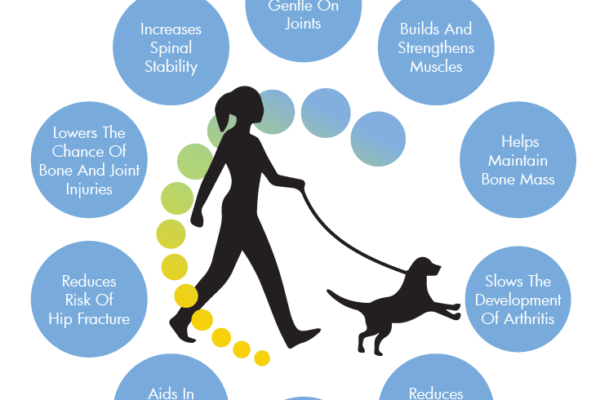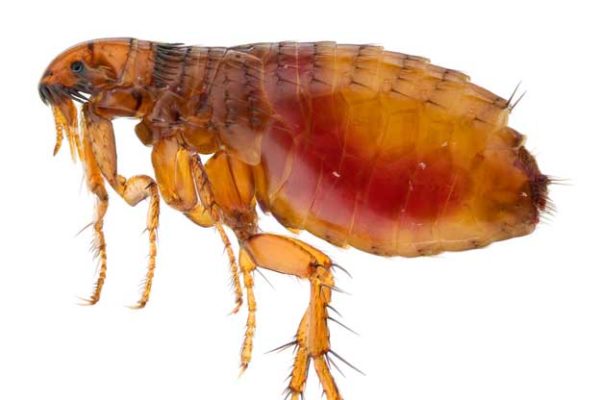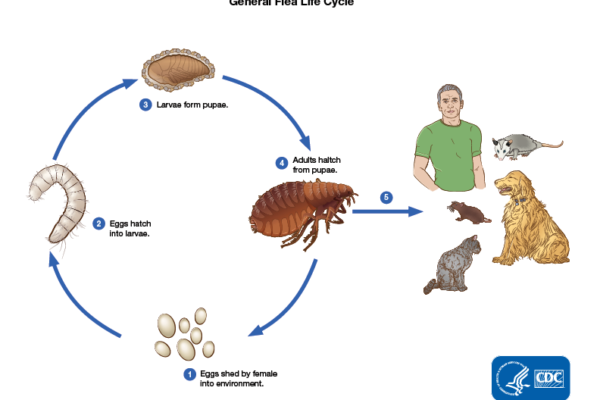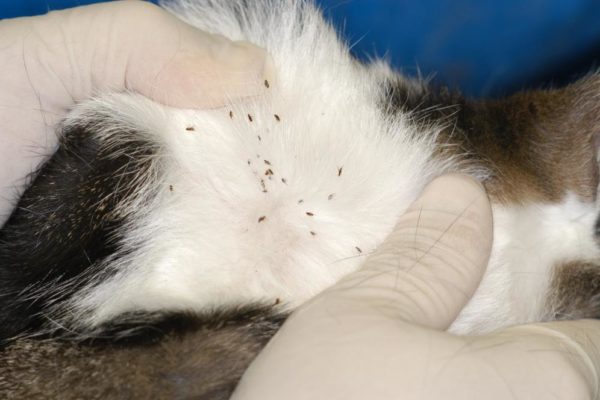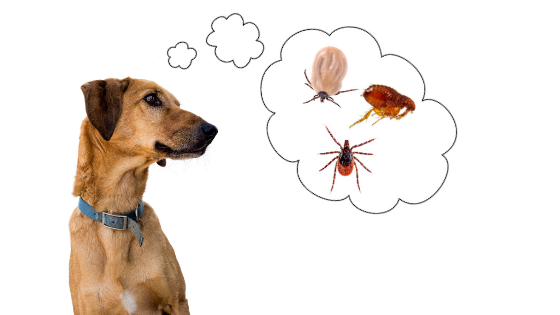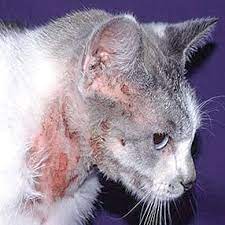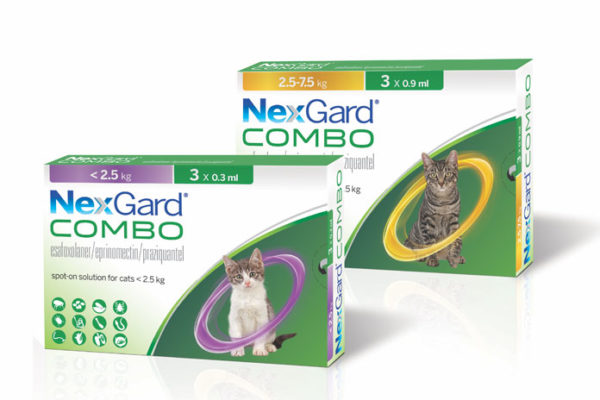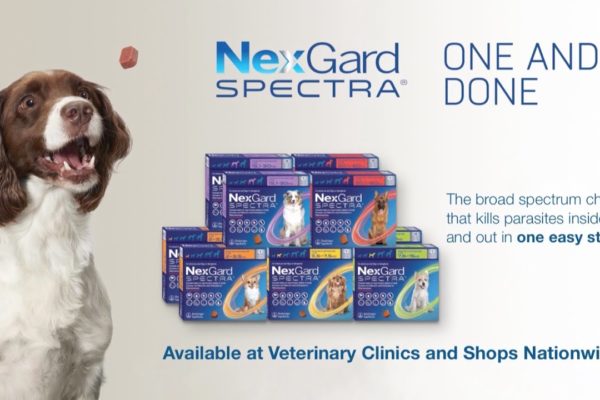Studies show that most pet owners recognize that veterinarians are experts on canine and feline nutritions. However, polls also show that most people buy their pet food from pets stores, grocery stores, big box stores, or online.
Dr. Will grew up with a job in a local pet store. It was a fun experience and a good job for a teenager. However, it did not come with much on the job training or nutritional expertise. I was instructed what pet foods to promote to pet owners by other uneducated and untrained staff. This was not done maliciously, it is simply the nature of that industry. Similarly, most grocery stores, big box stores, or online pet sales firms do not hire people trained or certified in pet nutrition. They hire salespeople who are good at sales.
The pet food industry is a MULTI-BILLION DOLLAR industry in North America. People love their pets. And treat them like family. They want what is best for their pets. And rightly so. They also want to be cost effective. Which is fair. This is hard when the pet food industry is so saturated with marketing.
Pet food marketing is designed to tug at your heart strings. They know you care for your pet and want to take advantage of that. They use buzz words like:
- all natural
- organic
- human grade
- no fillers
- no by-products
- no preservatives
- all meat
- …
Many of these terms are meaningless and/or poorly defined. They sound good but are not regulated.
In the wild, most cats and dogs hunt and eat their prey in its entirety. They eat – not only meat – but fur, bones, organs, including things like intestines or eyeballs. Things we would discard as “by-products”. They do this because they are seeking complete and balanced nutrition and they are not squeamish or picky like we are.
This is the basis for the “raw food” movement. At Byron, we don’t promote the feeding of “raw food” diets because of possible health concerns for both pets and people. Raw food can contain parasitic organisms and.or bacterial infections that can make both pets and humans sick. This is why people do not eat raw food. The same issues apply to pets.
Most commercial pet food is cooked and processed. “Processed” is a word that scares many people. In the case of pet food, I encourage people to think of “processed” as a good thing. Processed food is cooked and prepared safely to prevent infectious diseases. It is processed to increase shelf-life and make the food easier for us to handle and feed. It is made into Total Mixed Rations (TMRs) – which is designed to have all the daily nutritional requirements for the animal being fed. This makes it easy for us to provide quality and balanced nutrition to our pets.
A.A.F.C.O. is an organization that sets MINIMUM standards for pet food. If a food does not even meet this standard, run away. That said, not all food that meets this standard is “good food”.
Many people distrust large corporations and we can understand that. However, large corporations have taken control of the pet food industry and this is NOT entirely a bad thing. Large corporations have money to hire Board-Certified Veterinary Nutritionists to formulate and to TEST their diets. They understand that pet owners love their pets and want to make happy customers. With all honesty, these companies do a very good job at providing quality pet food. We at Byron have researched this extensively as well as toured the manufacturing facilities and research facilities for these companies. They are experts. Unlike many of the smaller companies that sound good because they are locally owned and are trying to make food with more love and care, that simply cannot afford to do the research and development, formulation, or testing involved to ensure a quality product.
At Byron Animal Clinic, we strongly advocate for and recommend the following pet food manufacturers:
For healthy pets, it doesn’t matter to us if you buy food from us or not. But we do ask that you strongly consider buying form one of these established companies.
In fact, if your pet likes its food and seems healthy, we would be hard pressed to recommend a diet change. Pets can have individual reactions to food and some that eat what we would consider “substandard” actually look very vibrant and healthy. They have goo body weight, nice coats, good energy, nice coat, regular BMs, and few health concerns. In that case, keep them on whatever you are feeding.
However, if your pet has any health concerns whatsoever, nutrition is a powerful way to improve general health and well being. At Byron Animal Clinic we carry Veterinary Exclusive “Prescription Diets”. These are diets made specifically to prevent and or treat certain health conditions. These are NOT available in any retail store. Retail stores do NOT sell anything that is equivalent to these diets.
Please contact us at – (519) 472-3770 – if you have questions regarding veterinary nutrition or if you wish to purchase pet food. Alternatively, you can explore our online store.








